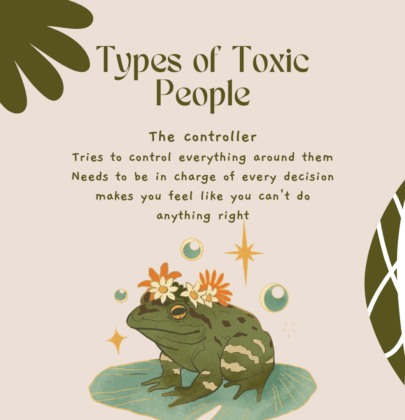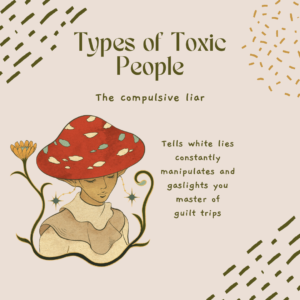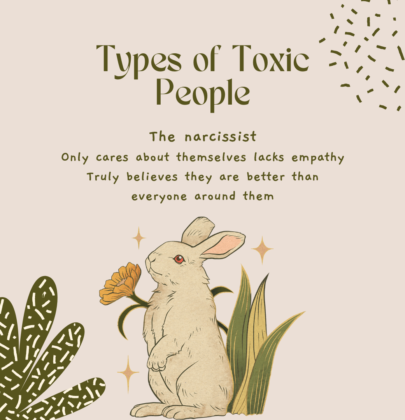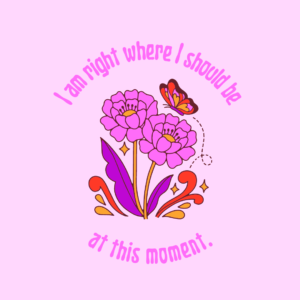Communication in relationships – when it’s good and when it’s not
Healthy communication in a relationship is very much that. “We’ll figure it out together”.
The ability to calmly talk through any issues that may arise together. That’s not to say that there won’t be times when you get annoyed with each other or upset about something your partner says or does. However, if you have a healthy relationship and healthy communication behaviour, you can figure most things out together and feel good about yourself and your partner.
There is no need for raised voices, shouting, name-calling or other poor behaviours such as giving someone the “silent treatment” or acting cold and distant. All of that? That is emotional abuse.
Storytime
This example is from a previous relationship I was in and I share it here, so that if anyone recognizes a similar pattern within their relationship, then you will know that it is not ok – it is abusive.
I won’t say when the relationship was in my life or who it was with – but they know. They read my blog and recognised themselves (and um, if they recognize themselves, then they have recognized the truth). They have left nasty comments on a previous post. No problem, that’s why “delete” exists! However, I will not be silenced.
Have you ever started a conversation with someone and realized that they are not hearing what you are saying? I don’t mean that they cannot hear your words or voice, but that they are participating in a completely different conversation in their head.
I was opening a conversation with my then partner on a matter that was worrying me. It wasn’t about them; it was about me, a concern I had regarding a possible scenario in a public context that I was worried may play out. My aim in bringing it up was to air my concern, seek reassurance and ease my worry. I thought I was in a safe space to talk about it.
Instead, my partner started getting defensive and argumentative about the unlikeliness of my worry actually playing out. Which is fine, but I watched his face morph from warm to cold and closed. I realized that he thought I was somehow criticizing him, but I was baffled as to why.
All that evening and the entirety of the next day he barely spoke to me. Only “yes” or “no” if I asked a direct question i.e. “would you like coffee?” Otherwise, he ignored me completely. And this was in my home.
That evening I plucked up the courage to broach the issue. He was lying on my bed reading (and ignoring me as he had done all day). I sat down and asked him to tell me why he was so angry and how could we fix it.
He started screaming at me and calling me names. When he stopped, I asked him to tell me what he thought he had heard me say the previous evening and when he finally did tell me, he attributed words and context to my conversation that literally never happened or were never actually spoken.
He had spent the day bottled up in his anger and replaying the conversation and over and over and catastrophizing the whole dialogue.
I talked him through it and explained again my rationale in what I was trying to say, that clearly it didn’t come across particularly well and that it had triggered in him an anger that was all consuming. I eventually talked him off the ledge of his anger and he calmed down.
But to get there, to a place where he stopped screaming at me and calling me nasty names took an enormous emotional toll from me. I am ashamed to say that this was not the first time he had lost his shit and screamed and yelled at me, backed me into a corner, given me the cold shoulder and/or the silent treatment for days at a time. But like many of you, I tried to rationalize the behaviour. Don’t.
I asked him (and not for the first time) why he resorted to calling me nasty names as it is hurtful as I would never say such things to him as I would not like to cause him pain. His response? “Good, I’m glad you’re hurt.” That comment. Those words. I had already known I had to leave this unhealthy relationship, but knowing that he was genuinely happy that I felt hurt, that is next level and sent chills down my spine.
When someone is that enraged, cortisol floods your body in response to fear. Cortisol is the “fight or flight” hormone and is triggered in high stress situations. It’s not good for your body to be producing high levels of cortisol on a regular basis. Read more about it here (click the link).
One of my last and lingering memories of this man is him lying on my bed, his face set in an ugly rictus of rage, screaming abuse and vitriol at me. When I reflect, he actually looked quite unhinged. Not long afterwards the entire relationship imploded. Unsurprisingly. But every single day I am grateful that it ended. I wake with joy each and every day knowing that this person is no longer in my life.
My message to you is this – do not tolerate this type of behaviour. Recognize it for what it is, emotional abuse, and make every effort to leave. This was not a regular disagreement or minor spat. This was a pattern of damaging behaviour that impacted on my emotional well-being and my physical health as well.
Run, don’t walk.
Reach out if you need to talk or need help.
emotional abusehealthy communicationhealthy relationshipstoxic relationships





